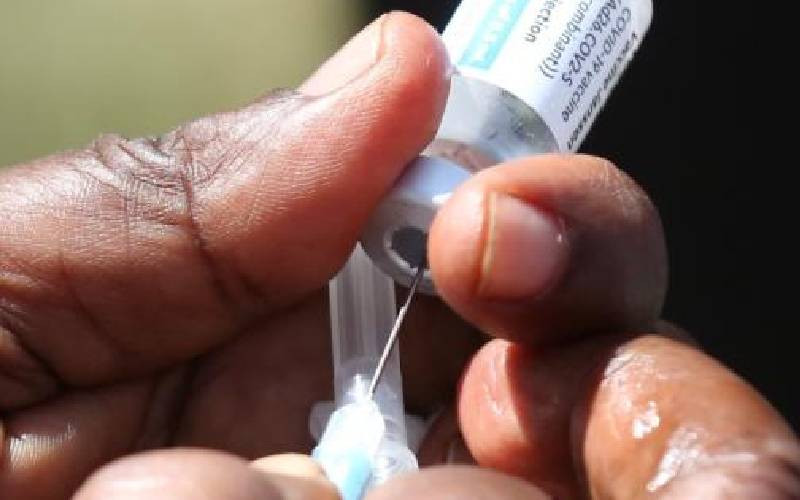×
The Standard e-Paper
Stay Informed, Even Offline

In the quest for self-sufficiency in vaccine production, Kenya is making strides through the newly established BioVax Institute.
The State agency is on a mission to lead the country in locally manufacturing human vaccines, with an ambitious plan to package vaccines within the next four years - a crucial step towards full-scale local production.